Why would you want to ground your adapter to your outlet? Isn’t my outlet already grounded? What could happen if I don’t ground the adapter to my outlet?
In 1969, Underwrites Laboratories started requiring 3-prong plugs for safety. Some people use the NEMA 1-15R adapters to plug their 3-prong cables into the old 2-prong outlets. These adapters prevent the cost of hiring an expensive electrician to replace your outlets.
Why do I ground my adapter to my outlet?
Grounding provides electricity the path of least resistance back to the breaker and exiting to the main ground connection. When there is a fault, if there are no grounded outlets in your home, the easiest path for the electricity is through the metal of any electronic or home appliance you are using. This is dangerous and will cause an electric shock.
As stated above prior to the 1960’s homes were installed with 2-prong non-grounded outlets when built or remodeled. Having some of the old-style outlets is a problem because they won’t accept your equipment plugs now that the 3-prong plug requirements have changed. Most importantly, the outlets don’t have a ground wire or provide any safety. 3-prong outlets can be dangerous if they are not grounded. If you are unsure that they have been grounded properly you should check them to be positive. The danger of a 3-prong outlet is that a homeowner changed the outlets from the old 2-prong to the new 3-prong style without properly grounding the new outlet.
How to tell if your outlet is grounded or not?
2-3 prong adapters will come with a small metal grounding prong attached to them. The prong is a square shaped piece of metal with a circle in the middle. This grounding prong is attached so you can connect your adapter to the grounding source. All you do is install the outlet cover plate screw through the hole in the metal ground pin and your adapter will become grounded.

When is this not true? If your outlet is not grounded your adapter will not be grounded, even if installed properly. There is a tool you can purchase to test your electrical outlets and determine if they are grounded or not.
Here is a link to purchase one of these types of tools on Amazon. We do not sell these tools and do not have a preference, you will have to research the tools to find the one you want to purchase.
When you start testing outlets check for any cracked, broken or damaged outlets and have them replaced. If cords and plugs start to hang or fall from your outlet that means it needs to be replaced. If you have tested your outlets and found they are not grounded, we recommend you contact a certified electrician to help you install and make the necessary updates. One option you have is to install GFCI outlets which will detect any faults, like water for example, and avoid shocking you by shutting off the power. GFCI will trip the circuit when necessary, avoiding electrocution.
What will happen if I don’t follow this simple safety procedure?
Remember if you have not used the grounding feature properly on your 2-3 prong adapter it will not provide any safety for you and will pose a risk to you and your home when in use. The grounding pin should be connected to the electrical ground and without the proper grounding system in place, there is a great potential for electric shock.
Here are some more safety tips to follow:
- NEVER cut the grounding pin or wire off your plug or adapter.
- Always unplug your electrical items, heaters, dryers, range, AC Units, etc. when not in use.
- Do not unplug an electrical item during use, this can cause shock, especially during times of peak power.
2-3 prong adapters can be safe if grounded and used properly, however, they might not provide the best function. If you own a home with all 2-prong outlets it is not likely you will move the adapters around uninstalling and reinstalling them as you need to plug things in and out of your outlets. It can be annoying to unscrew and move the adapter every time you need to move it around your house. Another problem is being able to use multiple outlets on one plate, as the adapters can be bulky and may not allow you to use multiple adapters properly or at all on one outlet plate.

NEVER remove the ground pin of a 3-prong plug to fit into a 2-prong outlet always have the outlet changed to match the plug. Removing the ground pin from an adapter or using ungrounded outlets can lead to a fire, shock, or even worse.
These same concepts can apply to your dryer outlet and we have the product solutions you will need. For example to create a 3-prong dryer outlet, needed to match your dryer plug, from the existing 4-prong outlet you can use the AD14301030 compact adapter with grounding wire.
If you are looking for other solutions please contact us and we can help you with our FREE consultations, making sure you order the correct product the first time and avoiding you any hassle of return or exchanges.

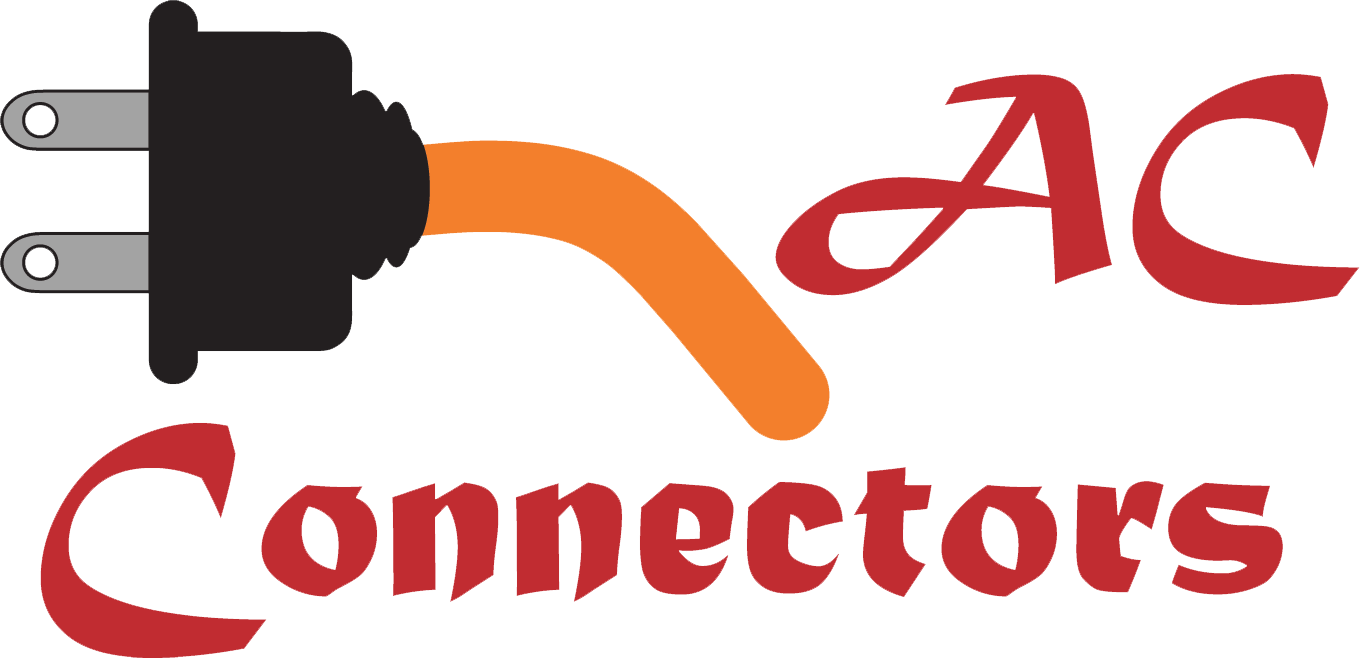

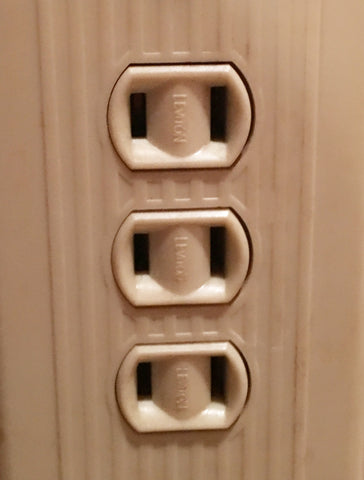
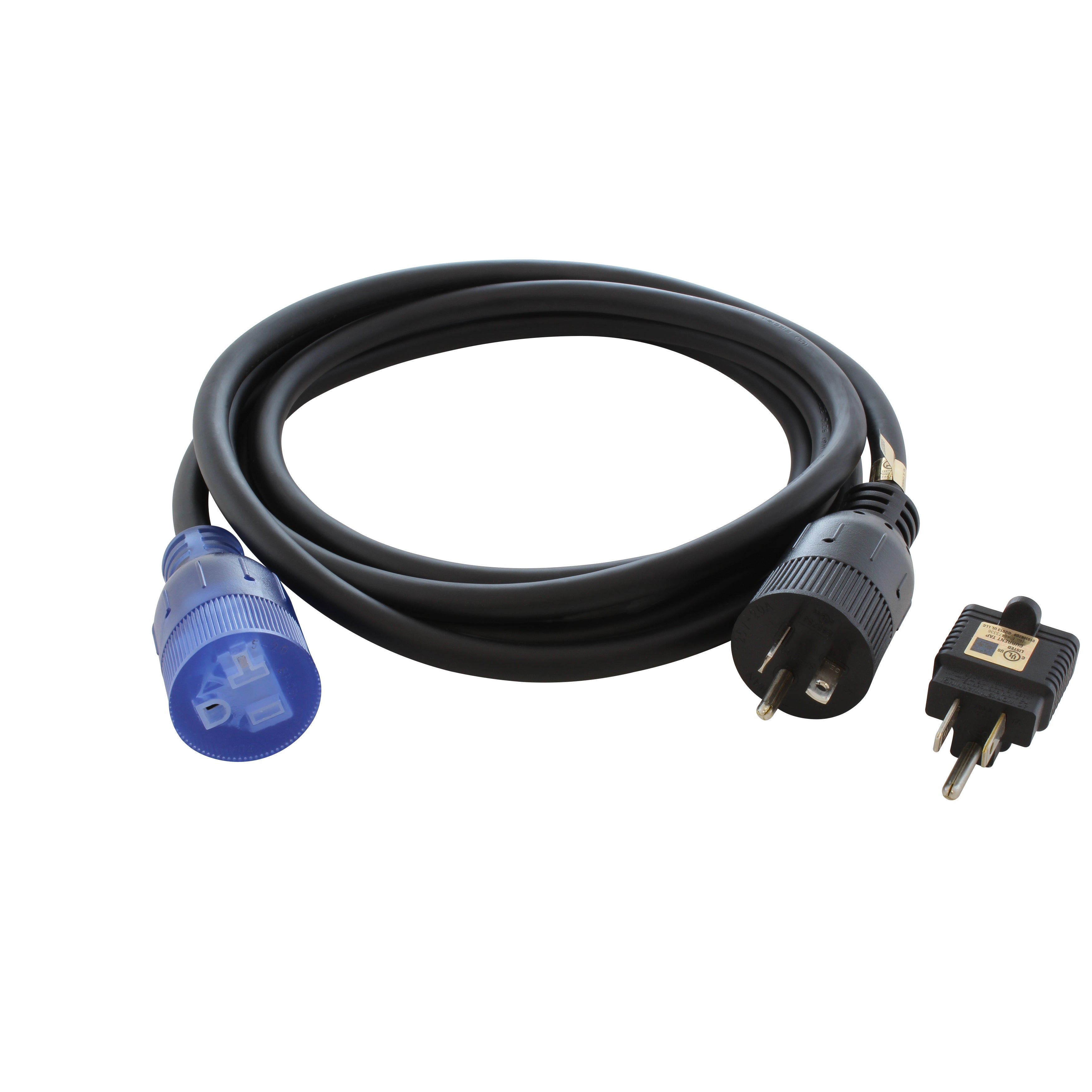
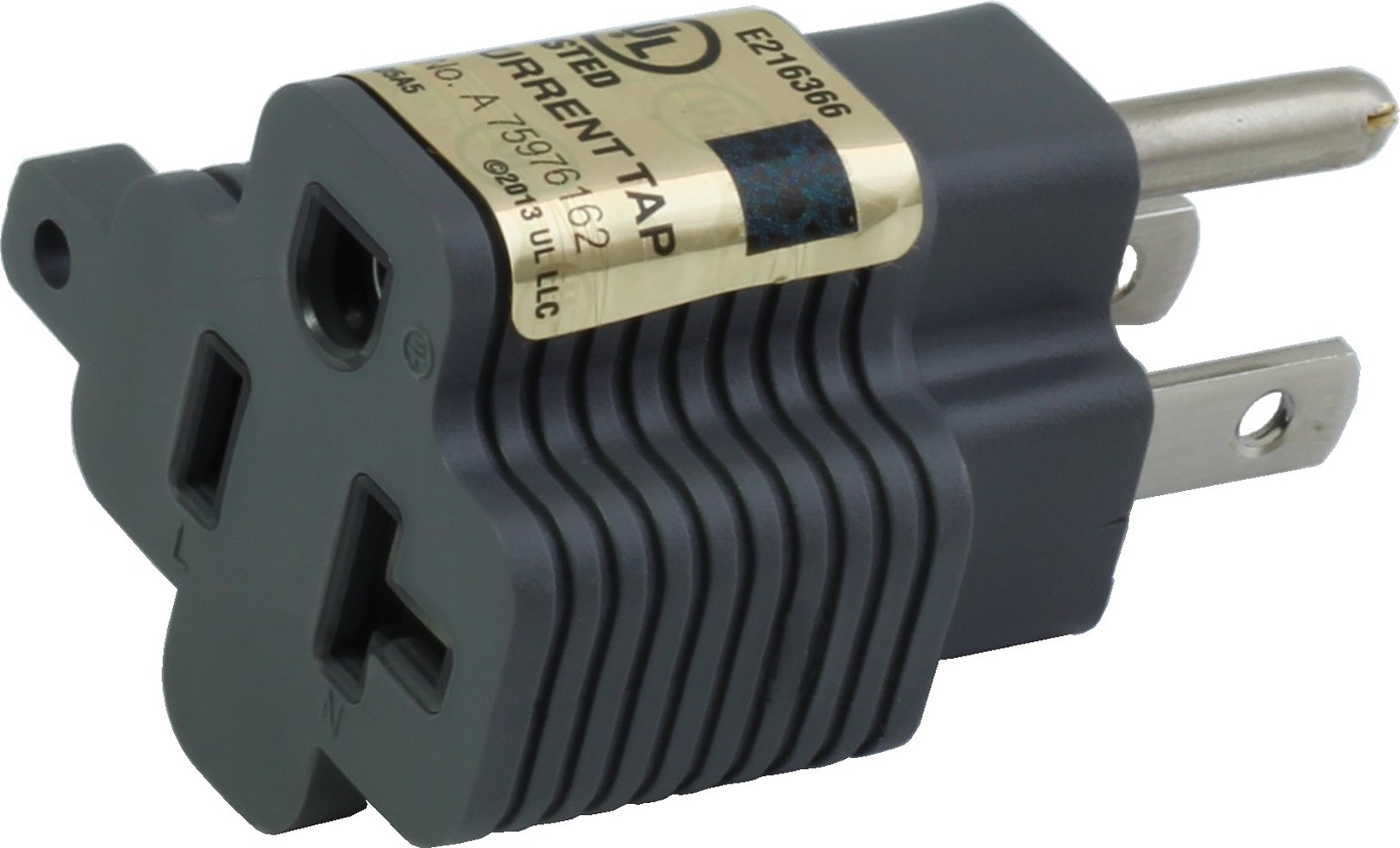
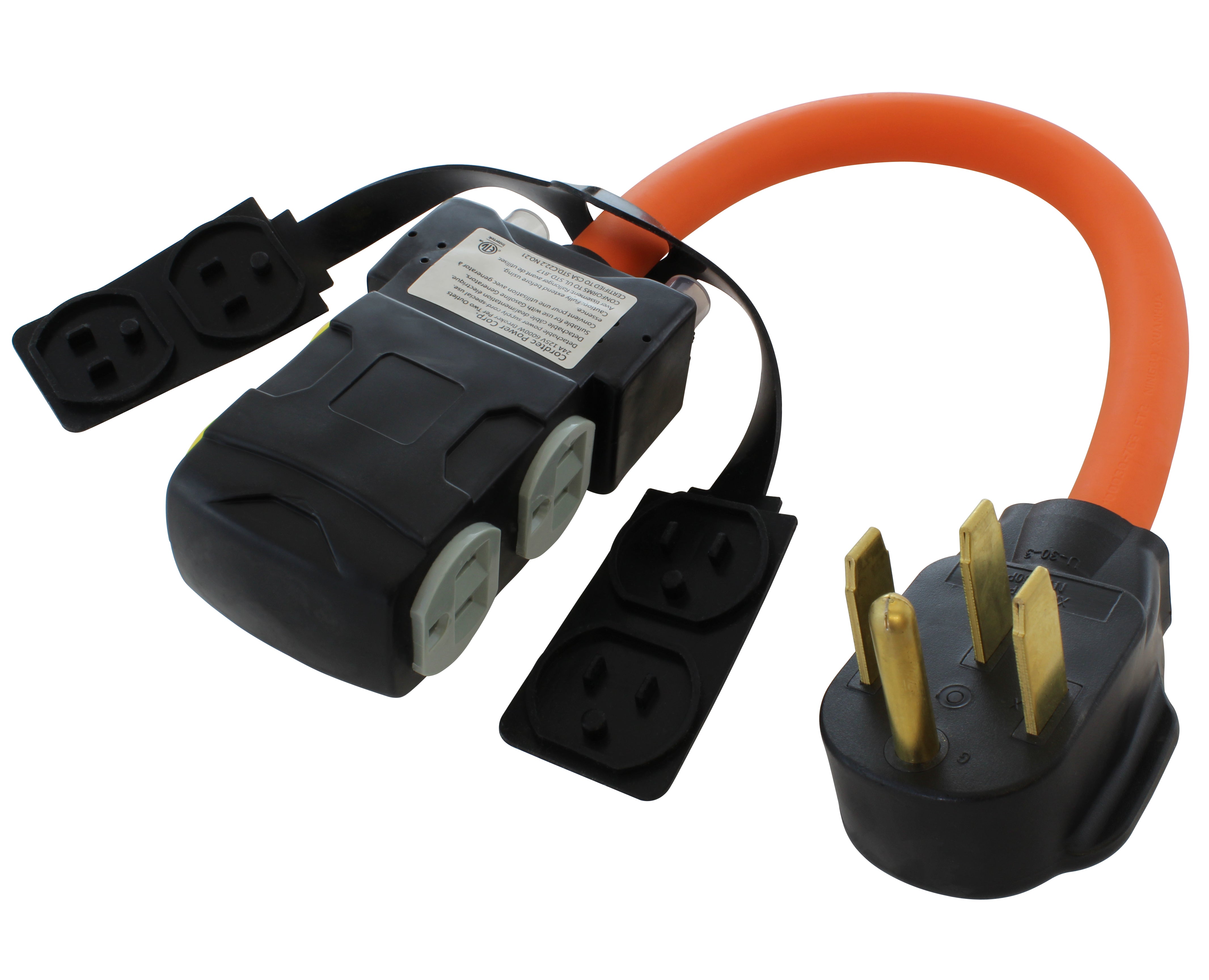
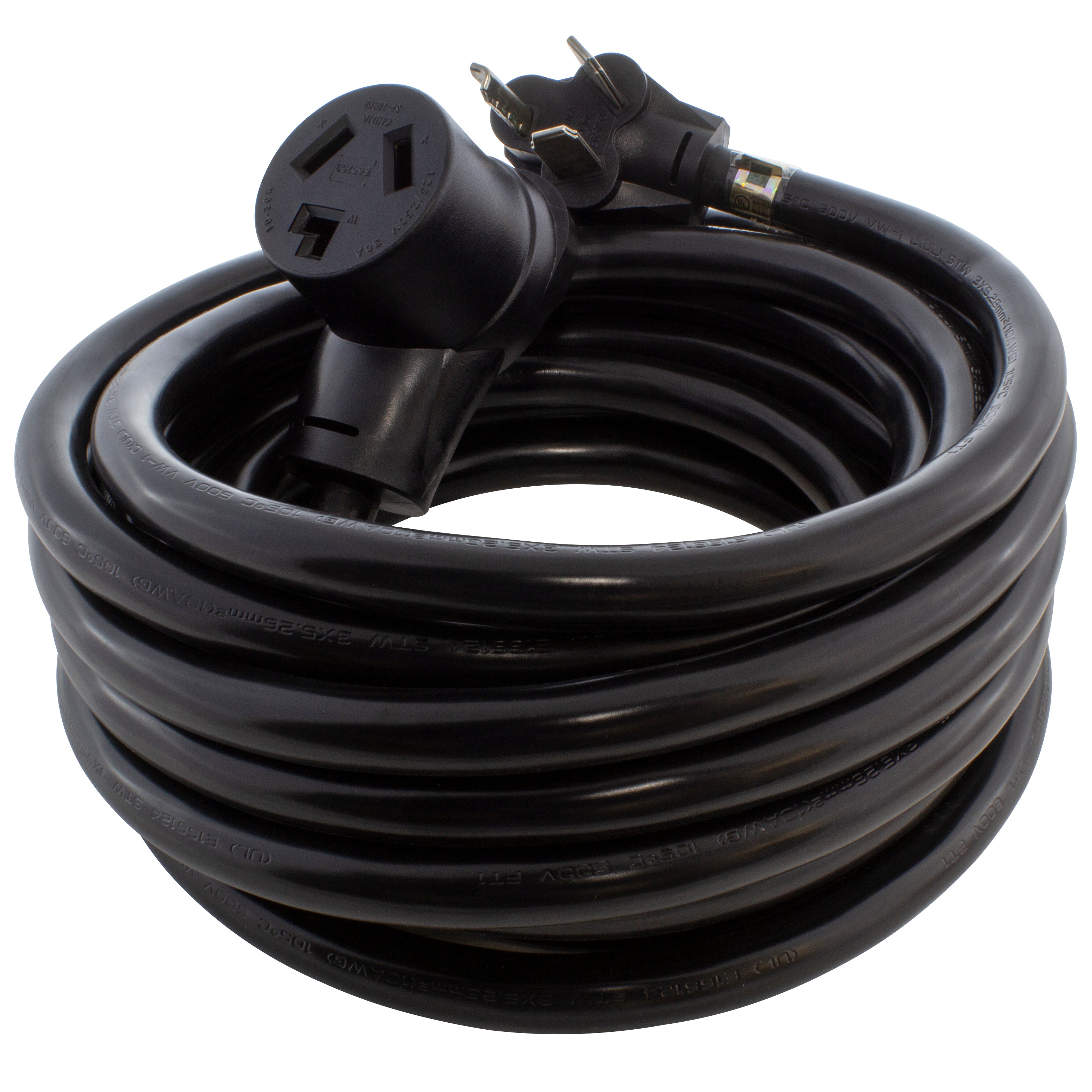
![AC WORKS® [S1430CBF520] 1.5FT 14-30P 4-Prong Dryer Plug to (4) Household Outlets with 24A Breaker](http://acworks.com/cdn/shop/products/S1430CBF520.jpg?v=1666103519&width=4656)
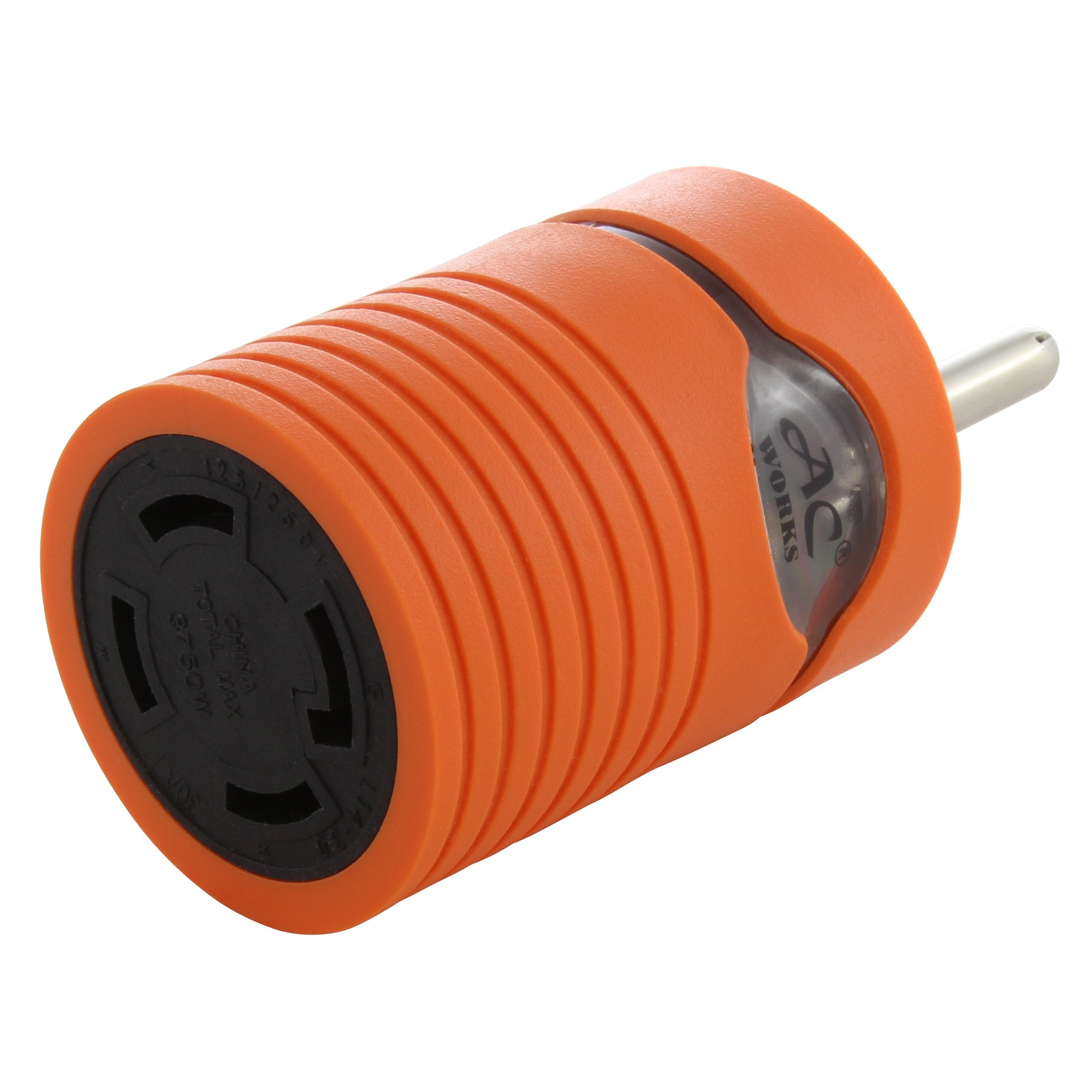
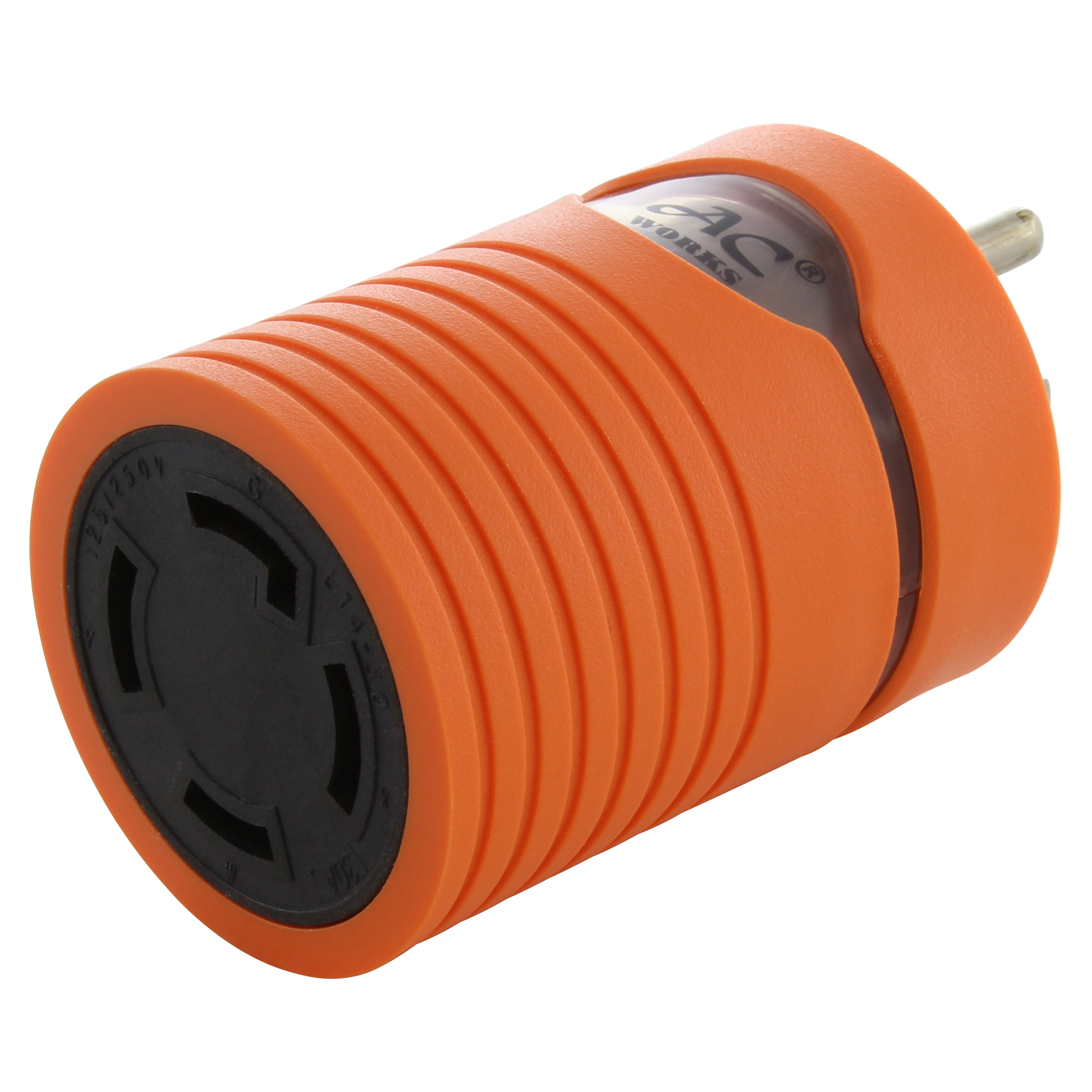
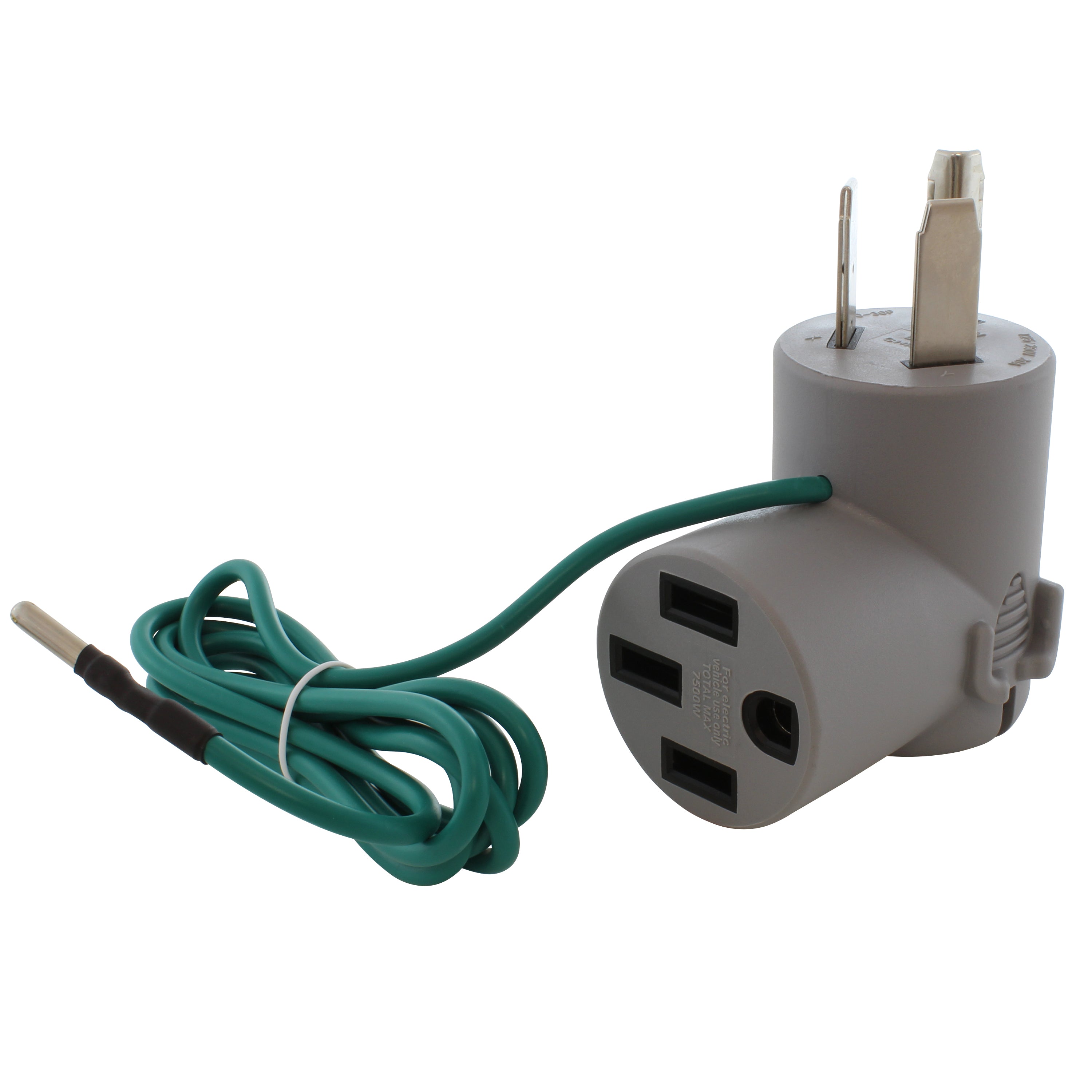
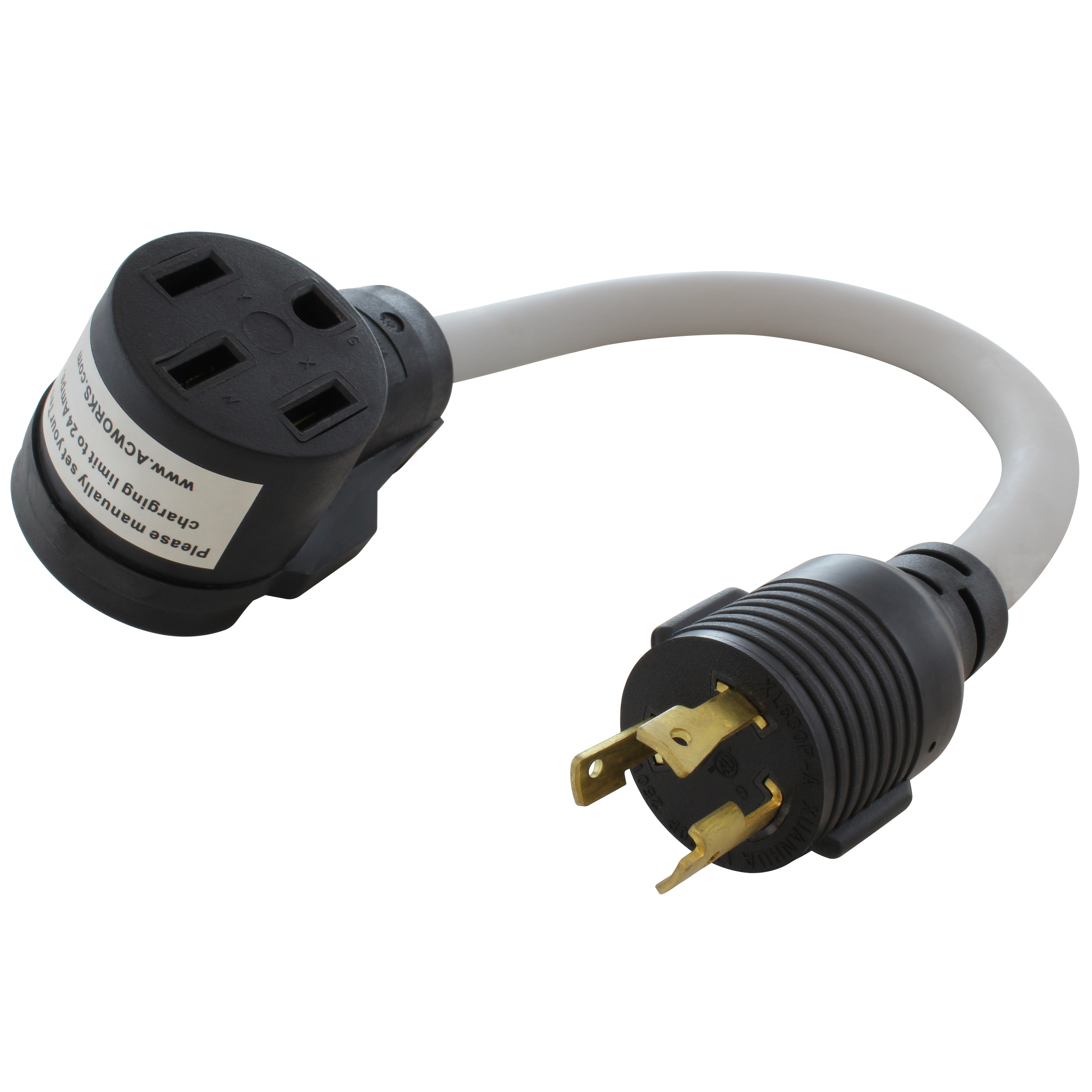
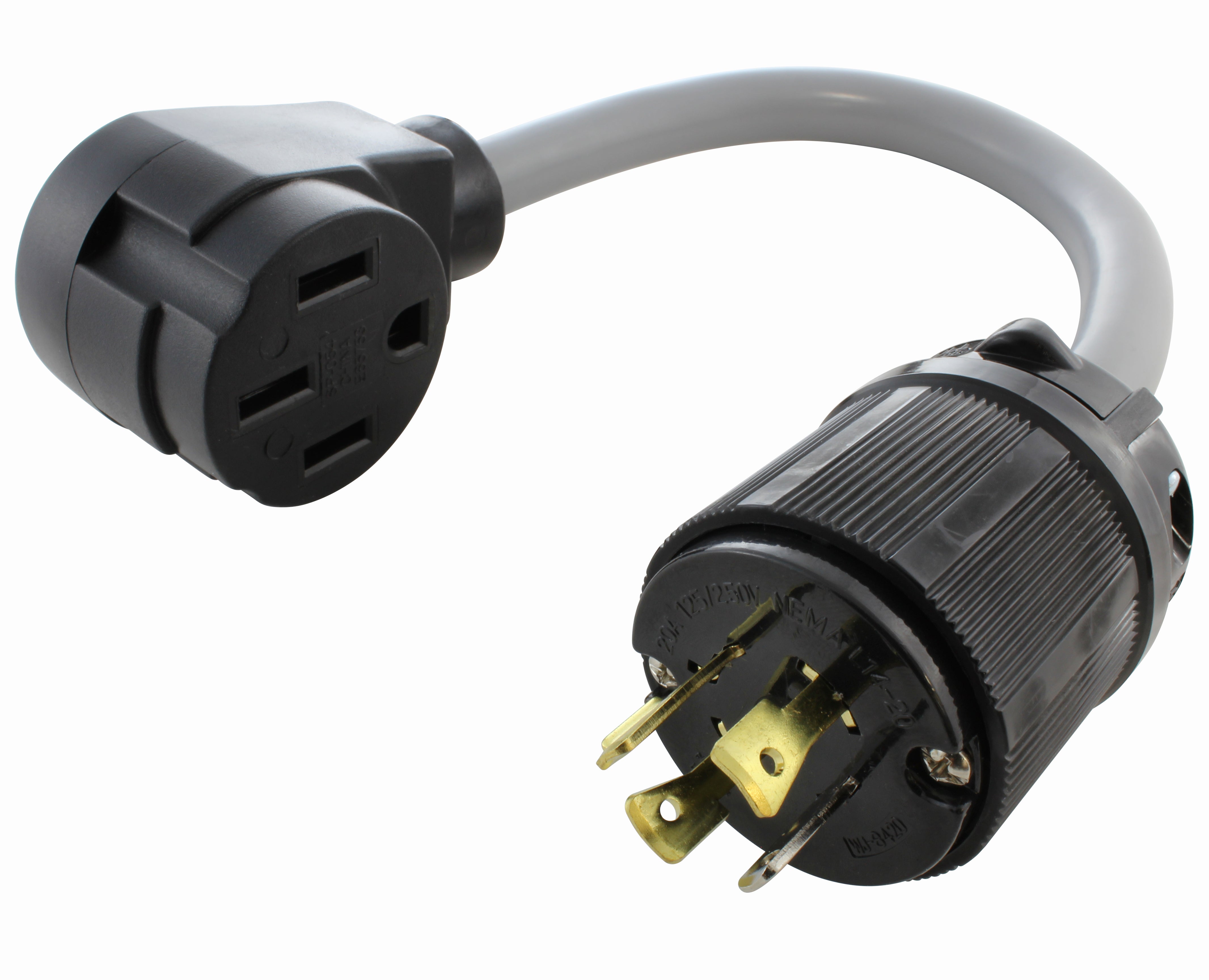
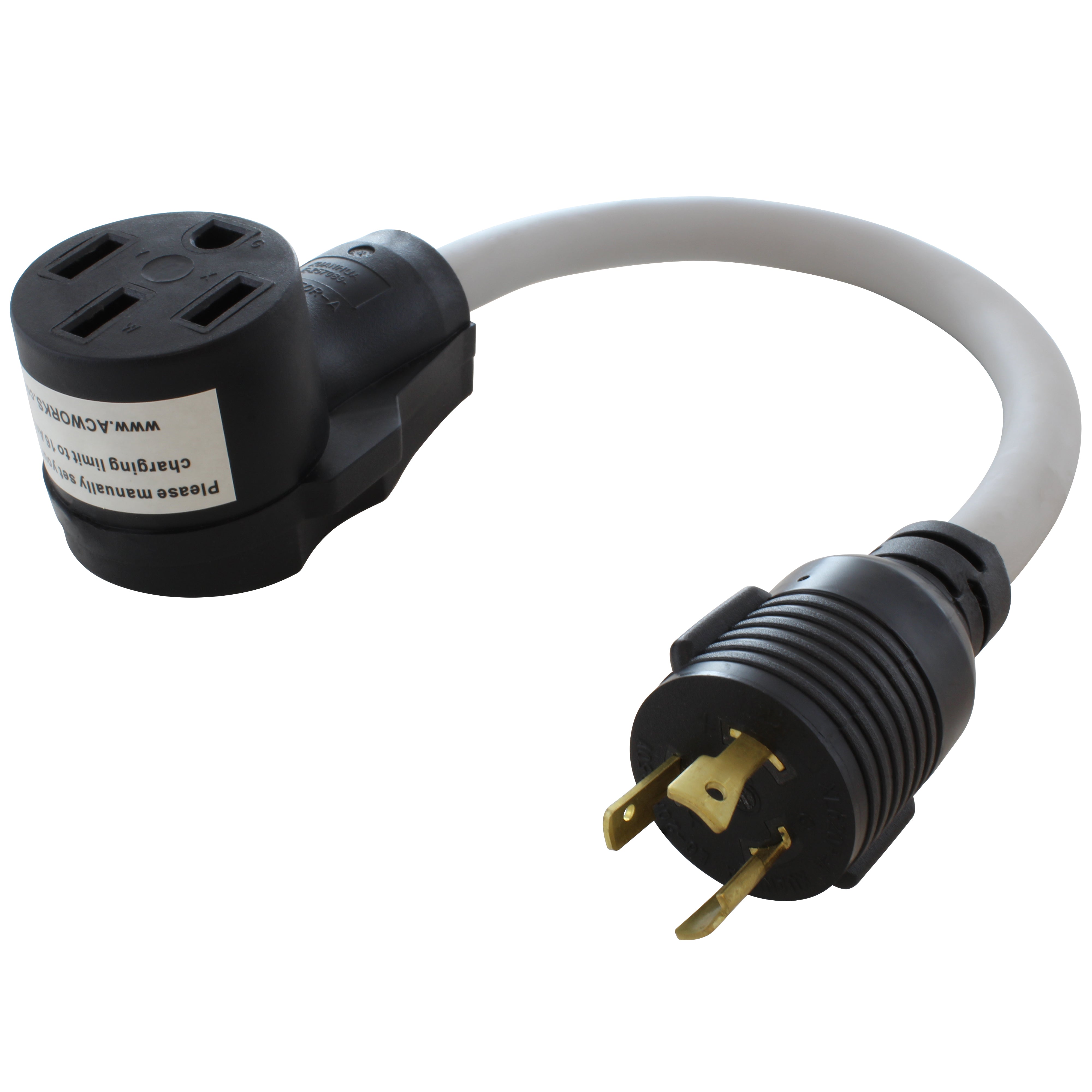
![AC WORKS® [ASINSS2PBX] 50A Locking 4-Wire CS6375/ SS2-50 Heavy-Duty Transfer Switch Inlet Box](http://acworks.com/cdn/shop/files/ASINSS2PBX-0_008d2ce4-45a6-4dcd-91d2-d8326605f843.jpg?v=1721929823&width=2500)
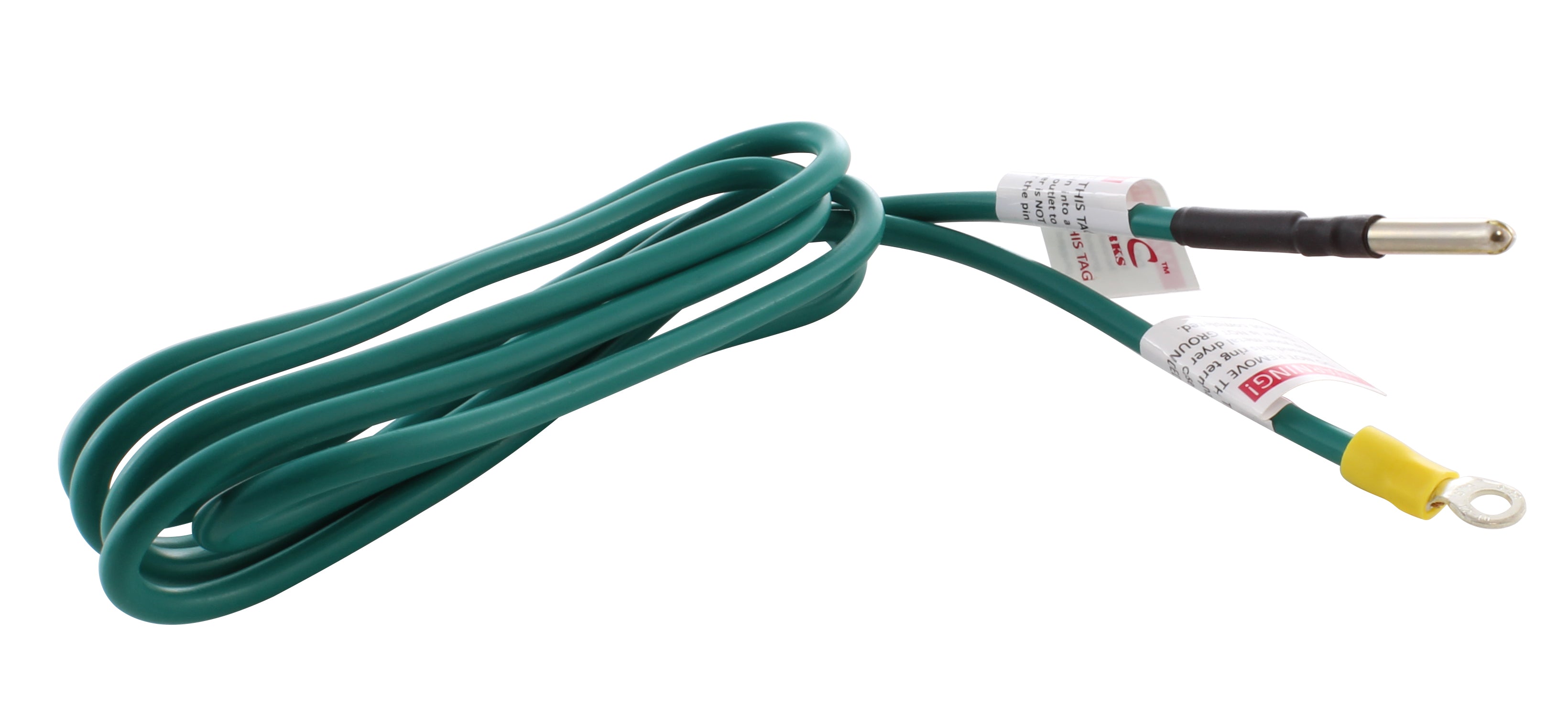
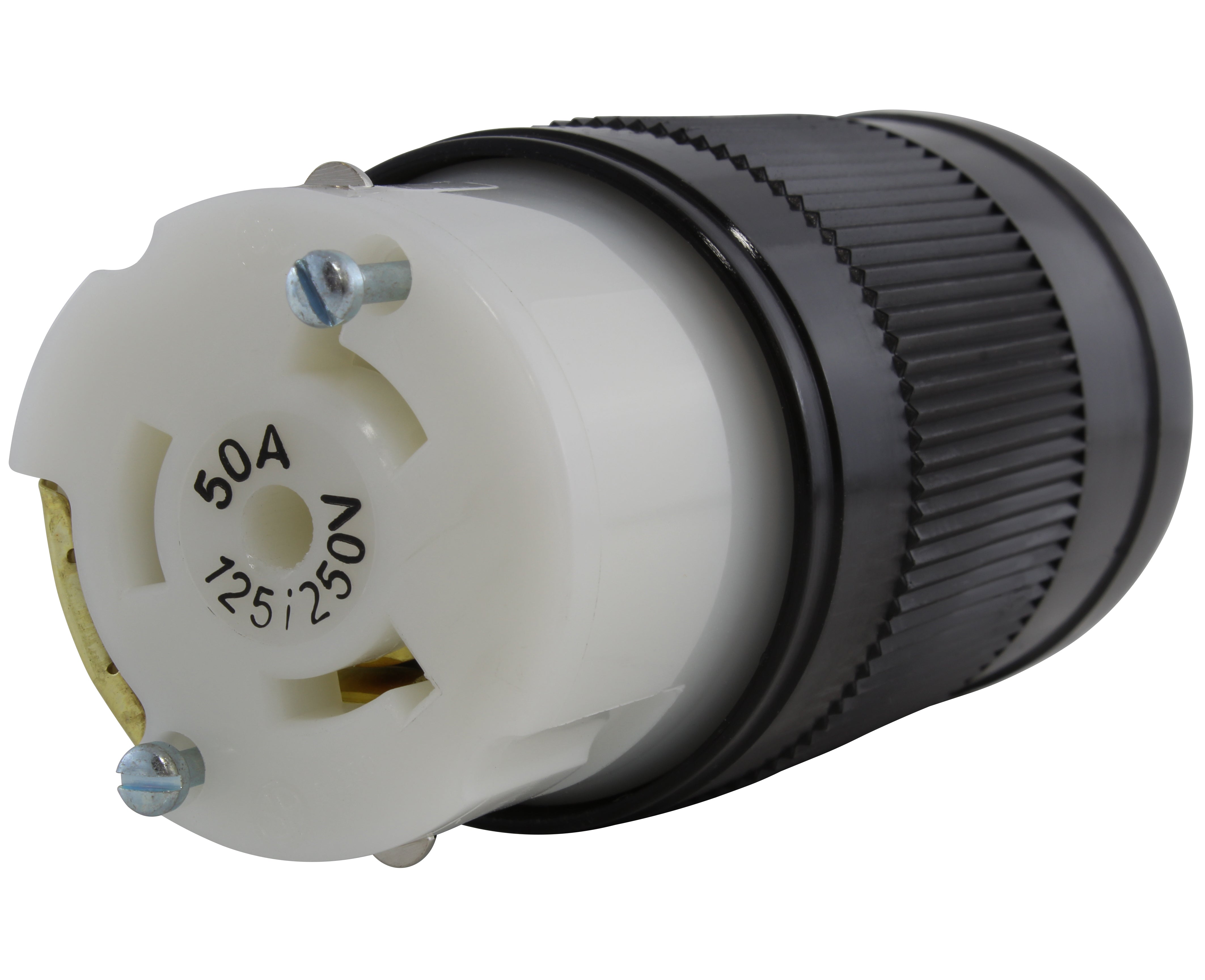
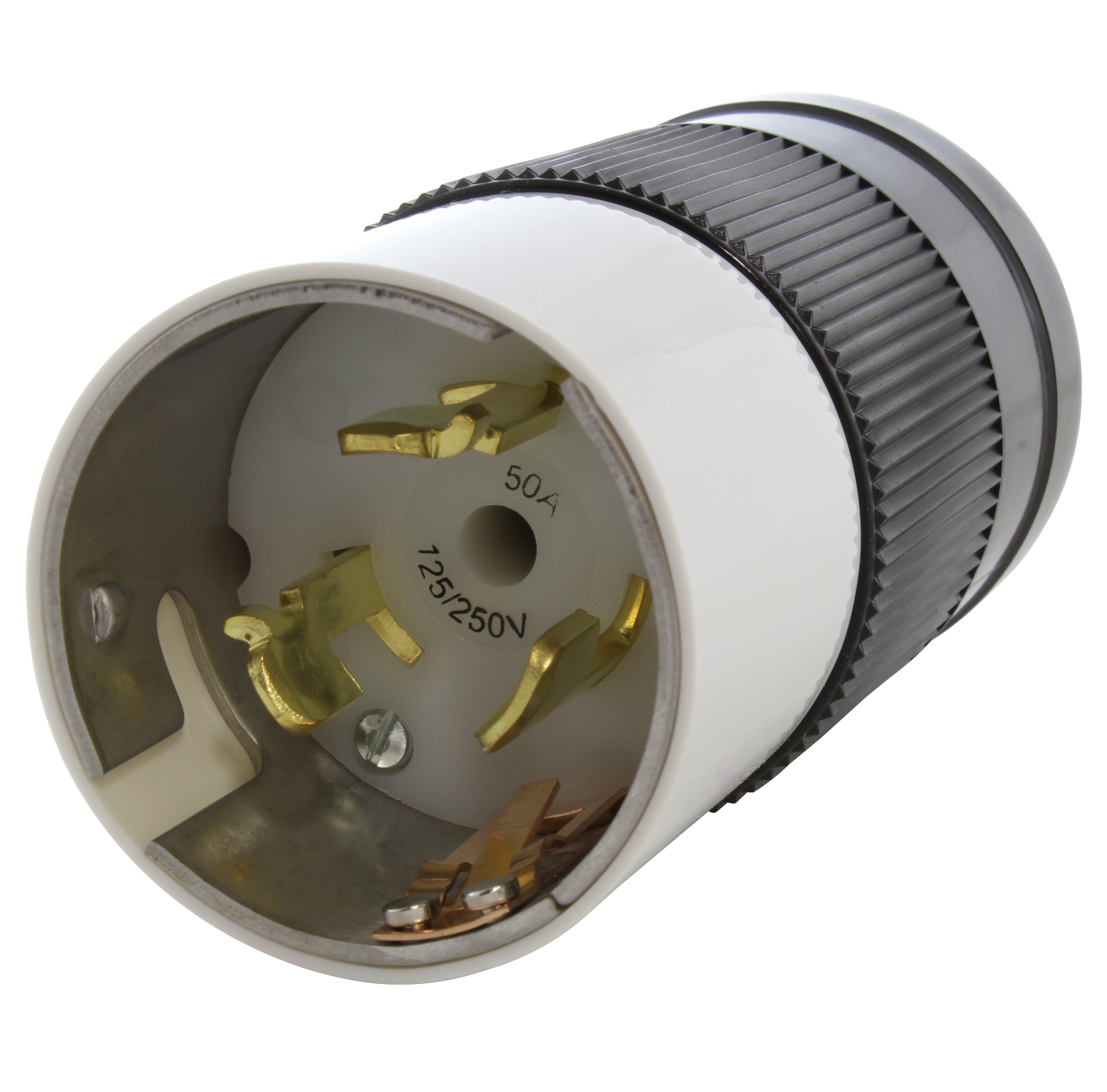
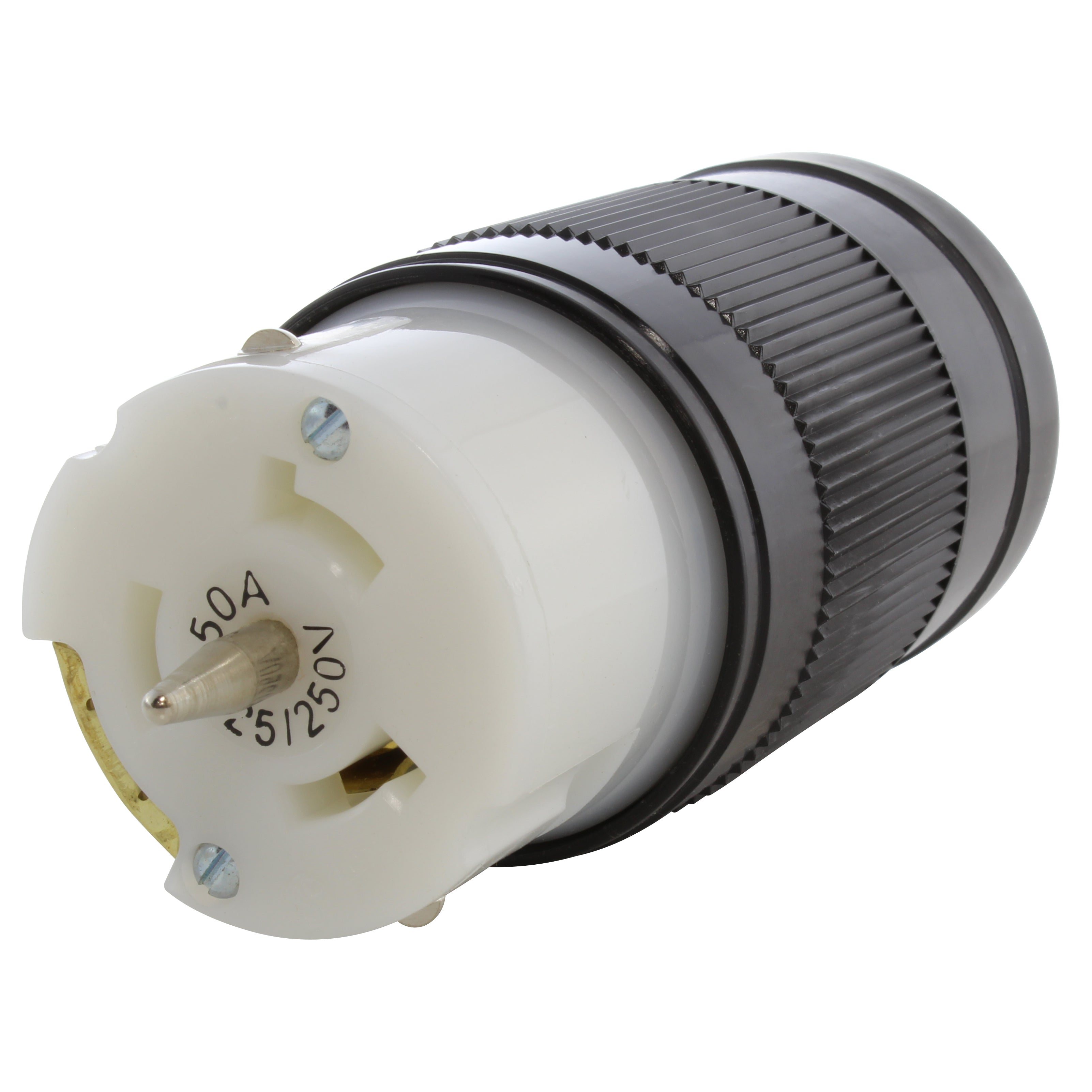
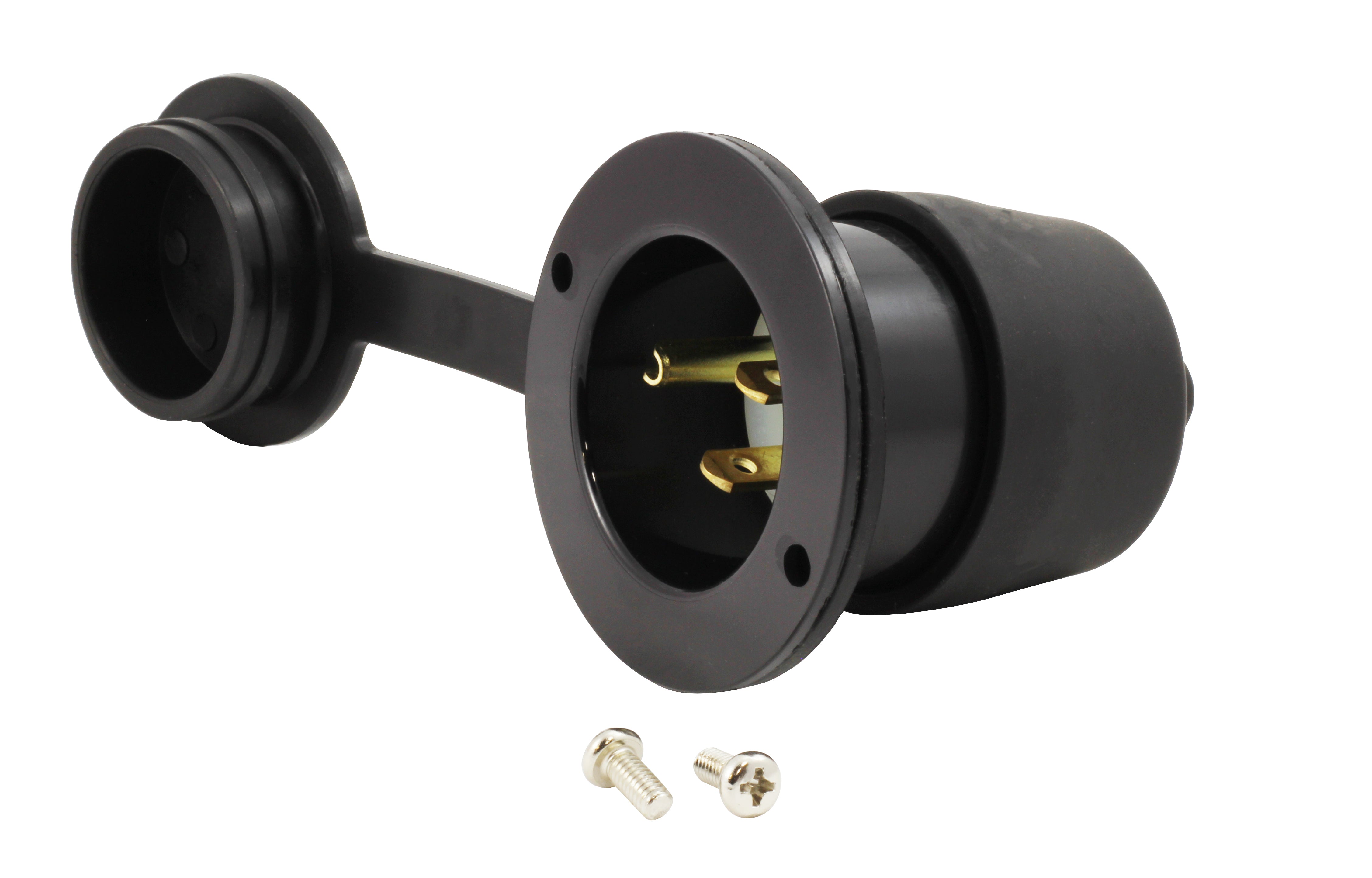
![AC WORKS® [ADV104] 3-Prong Heavy-Duty V-DUO Household Outlet Adapter](http://acworks.com/cdn/shop/products/ADV104-0.jpg?v=1605738768&width=3128)
![AC WORKS® [XH515520] 15A to 15/20A 125 Volt Plug Adapter with ETL Safety Approval](http://acworks.com/cdn/shop/files/XH515520-0_daea425a-f439-48df-bb75-052167057f12.jpg?v=1729091519&width=2500)
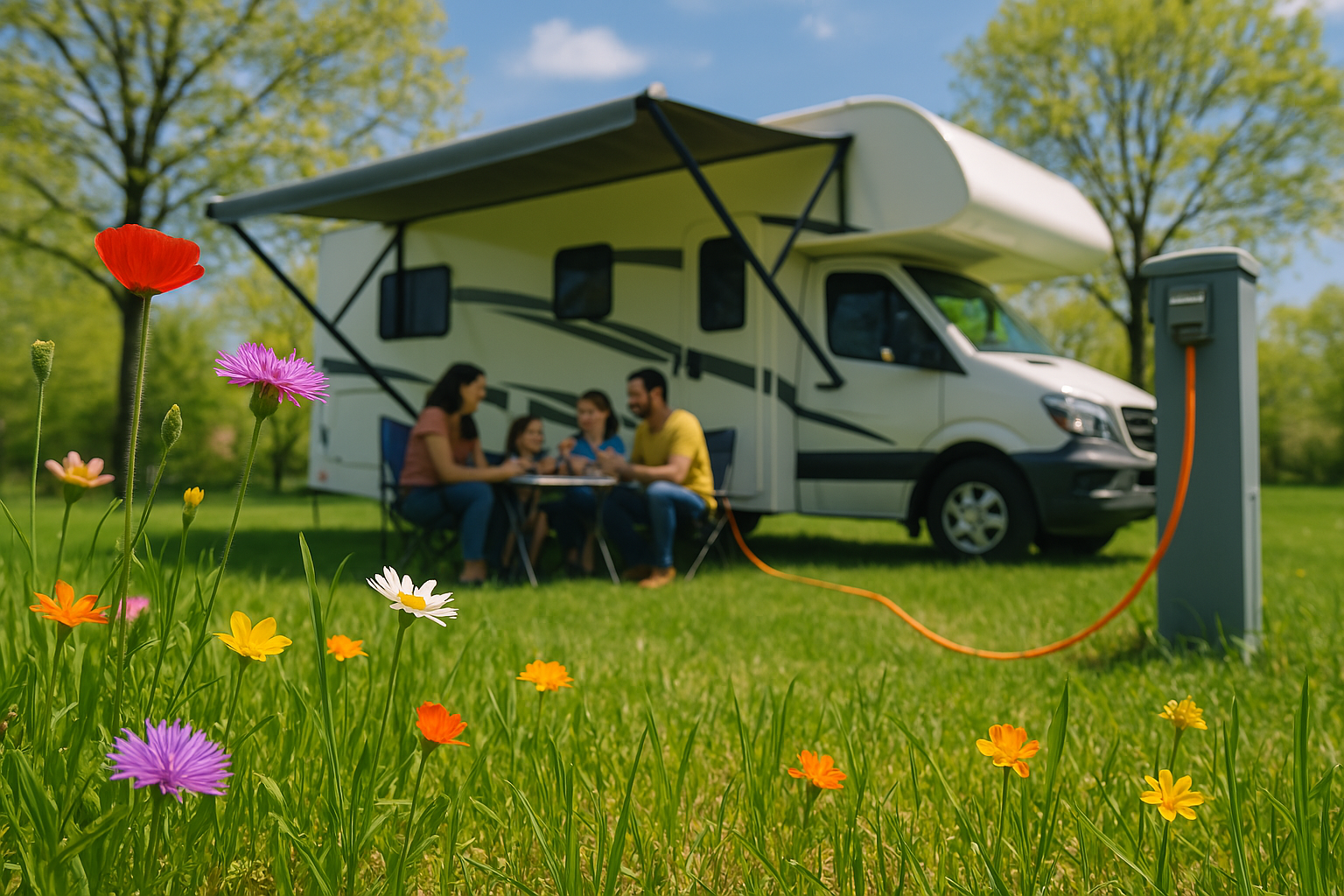


Share:
AC WORKS® Brand Emergency Power Kits
How to Power your Tanning Bed
46 comments
An idiot cut off my A/C grounding prong. Is using an adapter with three prongs a safe hack?
Hello Thomas. What amperage does your AC unit run at? What wattage does it run at? When you reference an adapter, is it the adapter we talk about in this article? How many other things are you running off of that power strip? How long is your AC unit running for? All of these can play a factor in the adapter getting warm. It shouldn’t damage your AC unit, but you may want to be careful with how many things you are running on that power strip. AC units tend to use a lot of electricity.
I have a small portable LG AC which is plugged into a heavy-duty Steren power strip with an adapter into the wall. It gets a little warm at the adaptor in the wall and 1 ft away. Am I doing any damage to my AC?
Hello Nic. It should be safe to use the grounded adapter for your 120V window AC unit. Do you know what amperage and wattage it runs at? The window AC may need to be the only thing running from that outlet depending on what it is rated for.
Hello Sandra. I’m not sure if I understand you correctly. By surger, do you mean a surge-protected power strip? It would be best to have your connections grounded by one of the adapters that are grounded with the plate screw.